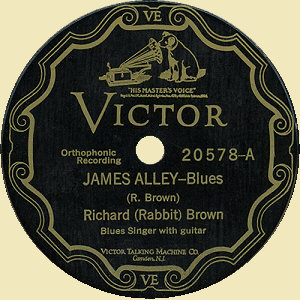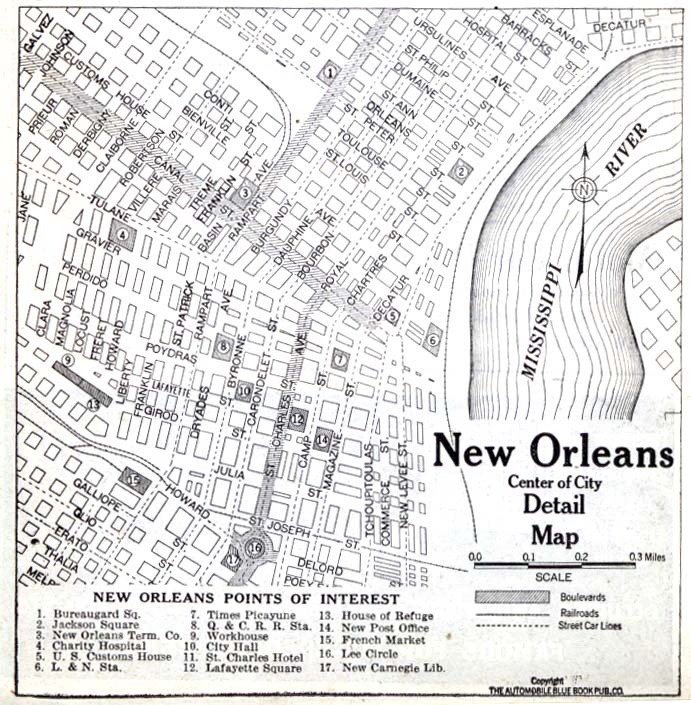
Set Three: Songs; Disc One; Track Seven: "I Wish I Was A Mole In The Ground" perfor1med by Bascom Lamar Lunsford, "The Minstrel of the Appalachians". "Vocal solo with 5-string banjo." Recorded in Ashland, Kentucky on April, 1928. Original issue Brunswick 219B(132).
For biographical information on Bascom Lamar Lunsford, see the entry for "Dry Bones."
Bascom Lamar Lunsford on "I Wish I Was A Mole In The Ground":
The title of this mountain banjo song is "I Wish I Was A Mole In The Ground." I've known it since 1901 when I heard Fred Moody, then a high school boy, sing it down in Burke County. Fred lives in Haywood County, North Carolina, and the footnote to the song is that the "bend" referred to is the bend of the Pigeon River in Haywood County, North Carolinia. I played it as a request of my mother back in 1902. It was the last request she ever made of me. I was teaching that time at Doggett's Gap at public school in Madison County, and returned to my school on Sunday evening. She was interested in my picking the banjo, and she asked me to get the five-string banjo down and play "I Wish I Was A Mole In The Ground." I went away, and she grew sick and passed away and that was the last request she ever made of me.
In contrast to Lunsford's statement that the "bend" in the song refers to "the bend in the Pigeon River," Smith's notes claim that it refers to "the Big Bend Penitentiary." This makes more sense, in the context of the song, than Lunsford's interpretation. However, I have been unable to find any information on such a penitentiary, or indeed to confirm that it ever existed.
I wish I was a mole in the ground.
Yes, I wish I was a mole in the ground.
'F I'se a mole in the ground, I'd root that mountain down,
And I wish I was a mole in the ground.
Oh, Kimpy wants a nine-dollar shawl.
Yes, Kimpy wants a nine-dollar shawl.
When I come o'er the hill with a forty-dollar bill,
'Tis, "Baby, where you been so long?"
I been in the Bend so long.
Yes, I been in the Bend so long.
I been in the Bend with the rough and rowdy men.
'Tis, "Baby, where you been so long?"
I don't like a railroad man.
No, I don't like a railroad man.
'Cause a railroad man, they'll kill you when he can,
And drink up your blood like wine.
Oh, I wish I was a lizard in the spring.
Yes, I wish I was a lizard in the spring.
'F I'se a lizard in the spring, I'd hear my darlin' sing,
An' I wish I was a lizard in the spring.
Come, Kimpy, let your hair roll down.
Kimpy let your hair roll down.
Let your hair roll down and your bangs curl around.
Oh, Kimpy, let your hair roll down.
I wish I was a mole in the ground.
Yes, I wish I was a mole in the ground.
'F I'se a mole in the ground, I'd root that mountain down,
An'I wish I was a mole in the ground.
Like "Sugar Baby," "I Wish I Was A Mole In The Ground" is a song that Greil Marcus makes much of. In his book, Lipstick Traces, he writes:

I disagree with Marcus's reading of "I Wish I Was A Mole In The Ground." Burrowing creatures, such as moles, take physical comfort from being in enclosed spaces. If you've ever had a hamster, you've probably observed it sleeping or just hanging out in those clear plastic tunnels take make up their habitats. Rather than wishing for "negation," it seems to me that the speaker in the song is wishing for the comfort of home.
This is further supported by the interpretation of "bend" (which is sometimes sung as "pen") as the Big Bend Penitentiary (where the speaker has been "so long" with "the rough and rowdy men"). After a long incarceration, it seems only natural that the speaker wishes to be someplace he feels he belongs. A mole certainly is at home in the ground.
In other versions of this song, "Kimpy" is sung as "Tempe" or "Tempy."
Bob Dylan appears to reference this song in his "Stuck Inside of Mobile With The Memphis Blues Again" in the line
Mona tried to tell me
To stay away from the train line.
She said that all the railroad men
Just drink up your blood like wine.
The "railroad men" who "drink up your blood like wine" are likely not simply railroad employees (such as engineers or conductors) but rather the owners of the railroads, such as Jay Gould (1836-1892), who were known for their ruthless business practices.
The Shameless Plug Department: The sixth episode of the "Where Dead Voices Gather" podcast is finally up! It's an all fiddle episode featuring fiddle tunes from both black and white artists, as well as three tracks from the Middle East! Also available on iTunes! Subscribe today so you don't miss a single episode. It's free and it doesn't hurt. Who can ask for more?
You can also become a fan of "Where Dead Voices Gather" on Facebook and follow us on Twitter. Where Dead Voices Gather: Using today's technology to promote yesterday's music!
I would like to announce that beginning May 9, 2010, I will be hosting "Doin' The Thing," a weekly jazz program on KRML 1410 AM and 94.7 FM in Carmel, California. The show airs from 8 PM to 10PM (Pacific Time) on Sunday nights. You can also listen online by visiting the KRML website at 8 PM Pacific, 11 PM Eastern Time. Please tune in and give me feedback!
Here is Matt Costa performing a version of "I Wish I Was A Mole In The Ground" on the acoustic guitar.
This is the East River String Band (with cartoonist R. Crumb on mandolin!) performing a version of the song.
Download and listen to Bascom Lamar Lunsford - "I Wish I Was A Mole In The Ground"







